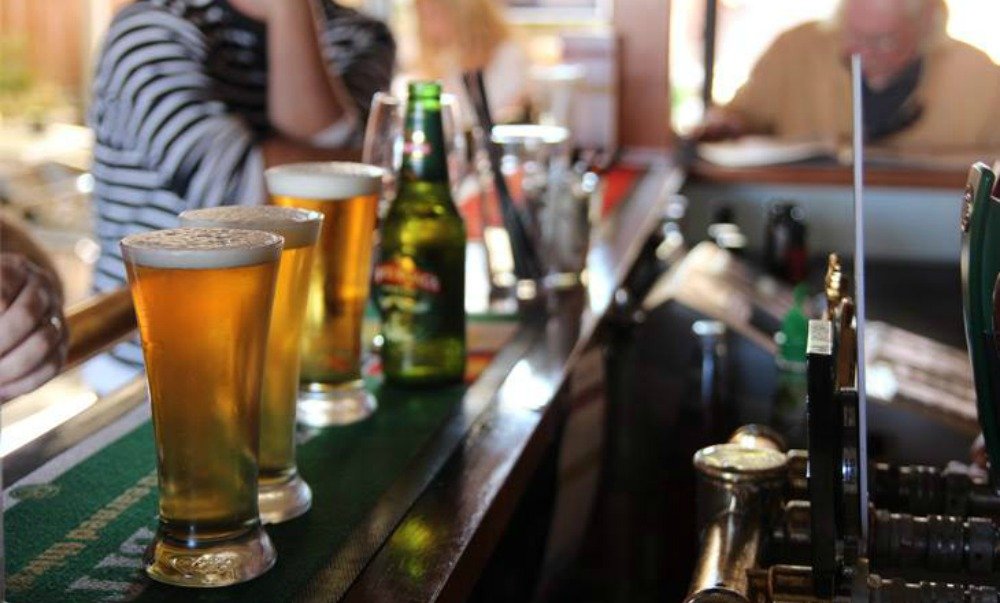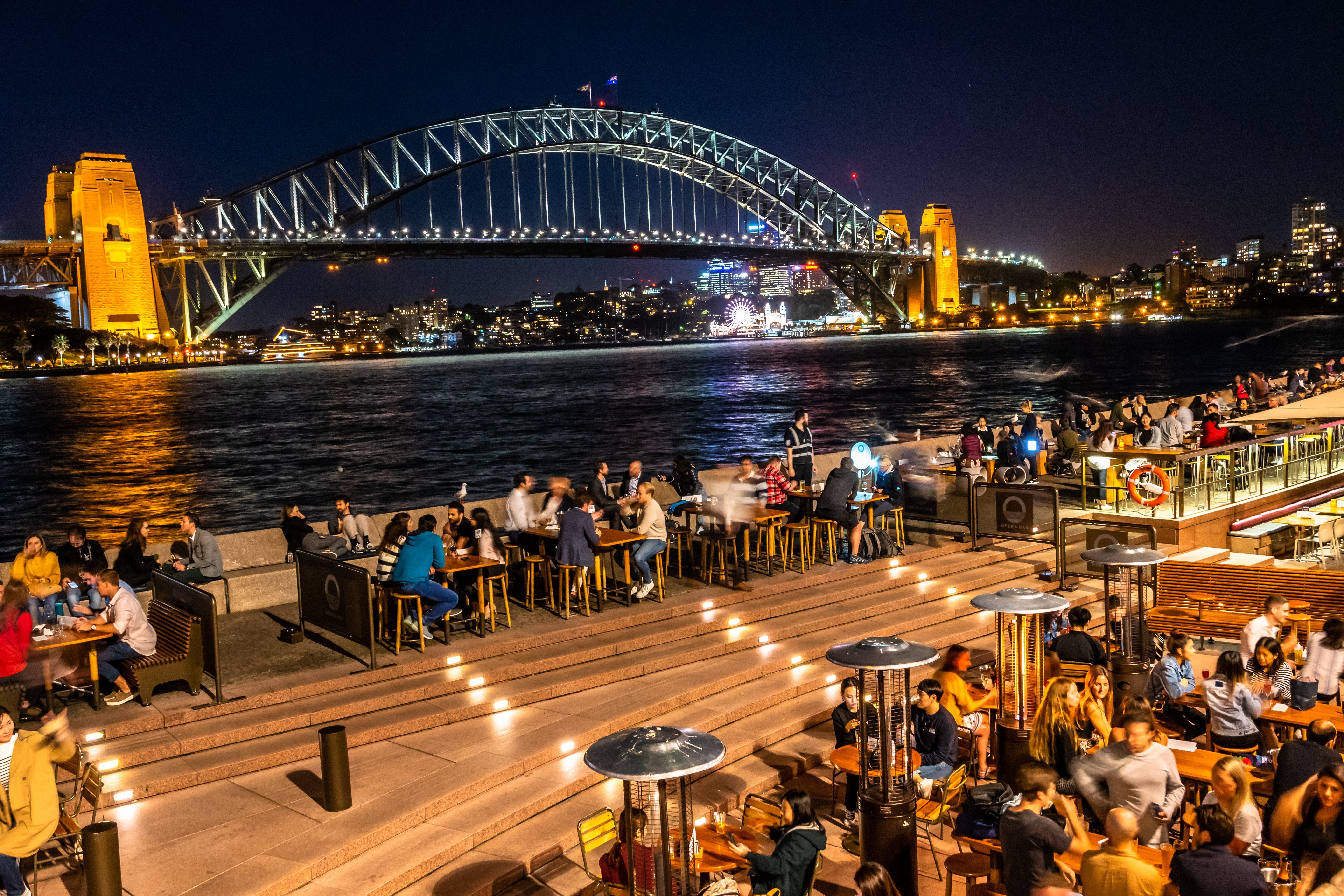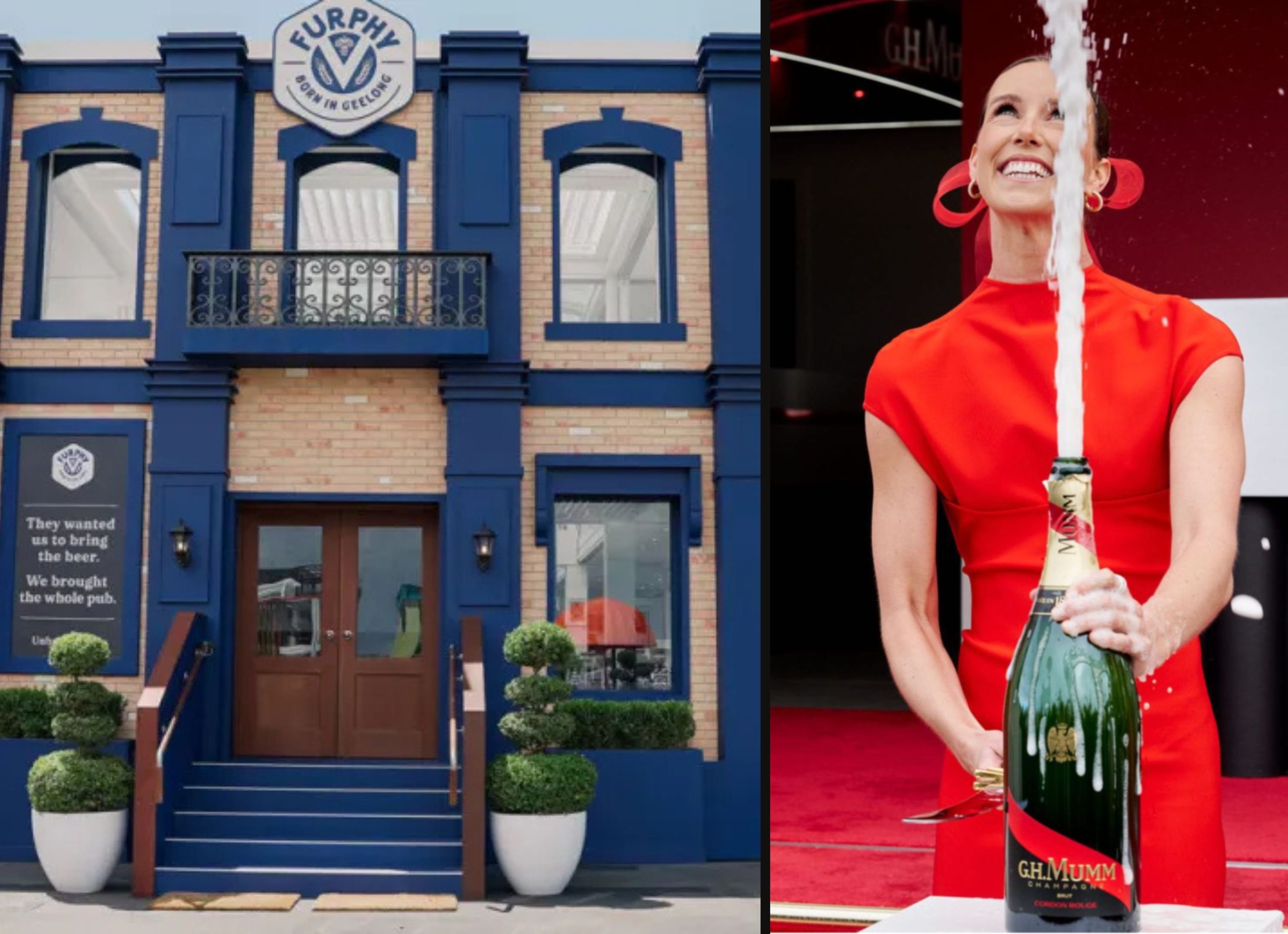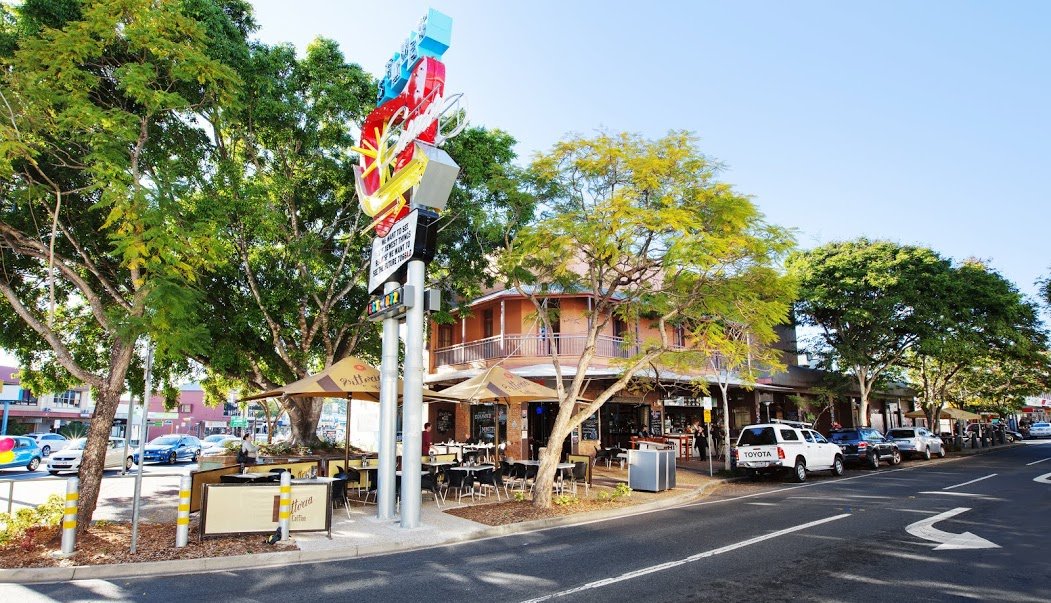Yesterday NSW Deputy Premier, John Barilaro and Treasurer Dominic Perrottet toasted to the welcome return of drinking while standing in venues as Covid-restrictions eased providing a much-needed boost to the NSW hospitality sector. But with the industry’s lifeline, Jobkeeper ending in a fortnight, is it enough?
AHA CEO Stephen Ferguson says although we have to thank the federal and state governments for relief packages to date, more relief is needed after 1 April.
An ABS report drawing on the Tax Office's single-touch payroll system to 27 February revealed there is still 110,000 - or 12 per cent - fewer payroll employees in hospitality jobs than before the pandemic and only two in three hospitality jobs were regained by the end of last month.
“The hospitality industry is on its own now. We are in a situation where hospitality businesses, hotels, restaurants and cafes, footy stadiums, live music venues, everywhere where you can buy a beer, a whisky or a wine is still subject to trading restrictions aimed at keeping people safe,” Ferguson says.
“It is our view that whilst we are being relied upon to help keep people safe, it's not unreasonable that relief should continue. We are still making the case to the government that some form of relief should continue, but time is running out.”
He says the government is very reluctant to issue another form of wage subsidy but instead is putting in place schemes such as the tourism and aviation package encouraging people to spend. Ferguson says while this is fantastic, there is still a 50 per cent capacity on people allowed in venues in many places.
“There are plenty of venues, especially those in the regions such as Bathurst, Orange, Granite Belt in Queensland, Margaret River, the Barossa within a three-hour drive from the city, that are flying. The greatest problems we are seeing is in the cities,” says Ferguson.
“The aim of the federal and state governments is to keep people safe, and they are asking us to play a role, and we think it is only fair that types of relief continue until trade restrictions are fully lifted.”
Ferguson says that with Jobkeeper ending, we have to look at other forms of relief, such as a reduced land tax on venues.
“It does not make sense that a pub is paying land tax, is only able to use 50 per cent of its land but is still required to pay 100 per cent of the land tax,” he says.
The other looming issue for the hospitality sector is the large degree of skilled workers lost to other industries due to business uncertainty.
While associations for the hospitality and tourism sector continue to lobby the government by pointing out the issues, presenting the data and arguing the case for extended relief, exactly how this will transpire is entirely in the hands of Treasury. Ferguson admits it is a difficult position for the industry.
“Treasury understands, but that doesn't mean they are willing to act or going to be able to act. It's difficult. All we can do is keep talking, and Treasury has been fantastic because they have listened to us all the way, but we are just not liking the answers we are starting to get now," says Ferguson.
“All Australians would agree that the government must somehow work out a way to help businesses and workers who are sacrificing their business life to help others, whatever that is.”
Share the content










